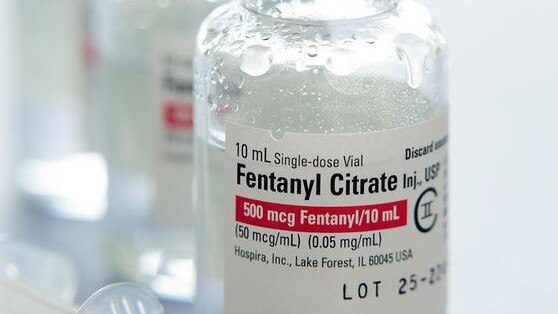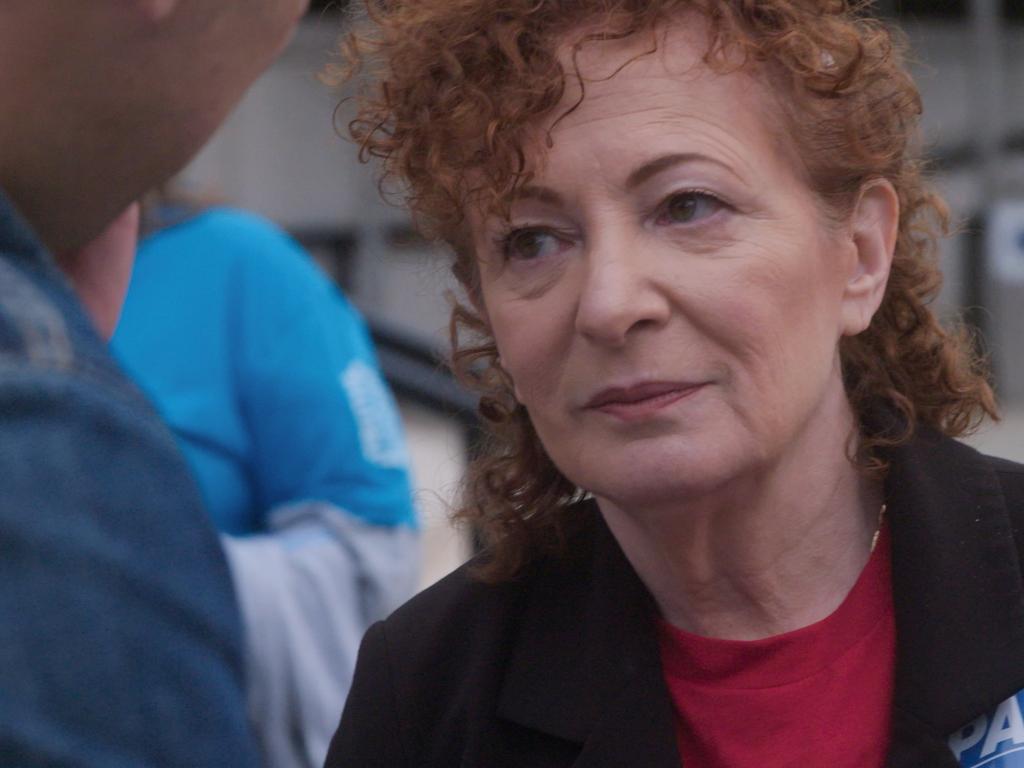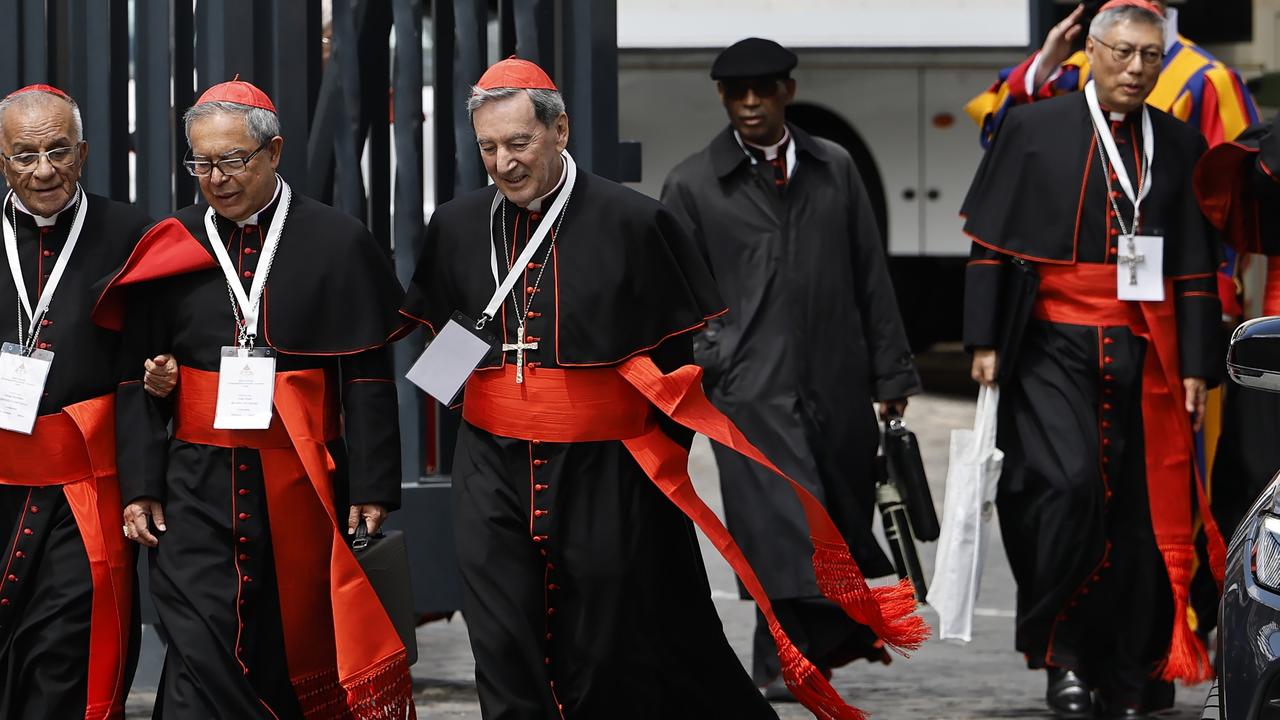Chinese banks ‘laundering cash for drug cartels’
Growing network of Chinese money launderers are providing financial services and chemicals to Mexican cartels, fuelling US addiction epidemic.

A growing network of Chinese money launderers are fuelling an addiction epidemic that has become the biggest killer of young Americans, the United States Congress has been warned.
Chinese criminals are helping Mexican drug cartels bypass banking and regulatory crackdowns in the US and Mexico with the help of Chinese banks and expatriates keen to buy illicit dollars, expert witnesses told a congressional hearing.
A breakdown in relations between the US and China is complicating efforts to tackle the money-laundering schemes, as is a refusal by Beijing to admit any Chinese role in America’s illegal drugs crisis.
Fentanyl, a highly-addictive synthetic opioid, was involved in two thirds of the 107,000 drug overdose deaths in America in 2021. It has become the leading cause of death for Americans aged 18 to 45. “Illicit fentanyl presents one of the biggest, if not the biggest, threats to public safety that the US, in my opinion, has ever seen,” said Lisa McClain, a Republican congresswoman from Michigan and chair of the House subcommittee on healthcare and financial services, at a hearing on drug financing.
“Criminal organisations based in the People’s Republic of China have captured the money-laundering business for the cartels,” she said.
“These Chinese money-laundering organisations have developed an incredibly efficient system that is increasingly difficult for our law enforcement to detect. Quite frankly, they’re really smart on how they do it.”
The #CCP is laundering money for the cartels - that's a fact. The question is what will the Biden Administration do about it?
— Representative Lisa McClain (@RepLisaMcClain) April 26, 2023
There must be accountability if we want to keep our nation safe. https://t.co/G3qu1tLhcD
Perpetrators were difficult to bring to justice because they avoided US and Mexican banks and communicated via WeChat, an encrypted Chinese instant messaging app which US law enforcement could not intercept, the hearing was told.
“It is no secret that China’s become a global hub of money laundering activity,” McClain said. “The State Department estimated that dollars 154 billion in illicit funds pass through China each and every year.
“It is imperative that Congress work to understand the extent of the Chinese Communist Party’s complicity in these money-laundering schemes.”
Chris Urben, a veteran of the US Drug Enforcement Administration (DEA), who now works in the private sector, said he saw first hand “this new and evolving threat” which marked a “dramatic change” in drug cartel business operations. “Chinese organised crime would charge only one to two per cent to launder the funds and they could deliver the funds to the traffickers in their home countries immediately and guarantee payment,” he told the committee, comparing this to the previous black market peso exchange run by the cartels themselves which cost up to 10 per cent in costs with “a constant risk of violence, theft, and law enforcement intervention.”
He added: “Money is the lifeblood of the cartels and the methods that Chinese organised crime was using enriched and enabled them to traffic even more fentanyl and other deadly drugs into the United States.”
Urban said: “Every day in the US, Chinese money brokers pick up narcotic proceeds from the sales of fentanyl, methamphetamine, heroin, cocaine, in the form of bulk US cash. That Chinese broker then sells the US dollars to Chinese customers who want to spend the money in the US acquiring real estate, paying for college tuition, gambling, or making other investments.
“The Chinese customers pay in China for the cash they receive in the US. The proceeds in China are used to buy goods for export to Mexico or South America, where the goods are sold by the Chinese brokers in Mexico to recoup their funds. The Chinese brokers accomplish all this with a trusted electronic encrypted communications network that allows this to happen instantly. What makes this so effective and hard to detect is that it minimises the movement of funds - dollars stay in the US, pesos stay in Mexico, and renminbi stays in China.”
He said that WeChat was the main app used to offer the dollars and make arrangements for payment. “It is an encrypted network that is resistant to surveillance by US law enforcement and that facilitates speed and trust within the Chinese organised crime network.”

Channing Mavrellis, illicit trade director with Global Financial Integrity, a Washington DC-based think tank focused on illicit financial flows, said that drug cartels began looking for alternative money-laundering strategies after Mexico cracked down in legislation in 2010 that limited US dollar cash deposits in bank accounts to $6043 a month. She told the hearing that Chinese money-laundering had been observed by the DEA since 2016.
“China’s economic policy in regards to foreign exchange controls prevents money from freely moving into or out of the country unless it abides by strict rules,” she said. “Those Chinese citizens seeking to exchange or transfer in excess of $76,000 frequently turn to informal means. While other money-laundering organisations and brokers may charge a 10 to 15 per cent commission, Chinese money-laundering brokers can undercut the competition by charging up to six per cent or nothing at all [to the cartels]. They make their profit by reselling the US currency to Chinese nationals.”
China has denied either supplying fentanyl or fuelling the US drugs crisis. Mao Ning, a Chinese foreign ministry spokeswoman, said this month: “There is no such thing as illegal trafficking of fentanyl between China and Mexico. We two countries have a smooth channel of counternarcotics co-operation and the competent authorities of the two countries maintain sound communication. China has not been notified by Mexico on the seizure of scheduled fentanyl precursors from China. The Chinese government takes a firm stance on counternarcotics.”
She added: “The root cause of the overdoses lies in the US itself. The problem is completely ‘made in USA’.”
The Chinese embassy in Washington has been contacted for comment on the claims made in Congress.
Killer cocktail from the east
Large amounts of chemicals are obtained from China by Mexico’s main drug cartel and used to make fentanyl, the highly addictive synthetic drug killing tens of thousands of Americans a year, according to the US authorities (David Charter writes).
Charges filed in New York, Chicago and Washington this month target the “Chapitos”, sons of the Sinaloa boss Joaquin Guzman Loera, better known as El Chapo, who is locked up in a US supermax prison.
Among 23 individuals charged with involvement in the manufacture and supply of fentanyl in several indictments from the US Department of Justice, four suspects in China are accused of supplying precursor chemicals to the Sinaloa cartel. The indictments accuse cartel leaders of sending the drug into every US state via a network of suppliers and torturing law enforcement officials to death.
“The Chapitos pioneered the manufacture and trafficking of fentanyl,” said Anne Milgram, the US Drug Enforcement Administration administrator. One indictment sets out allegations that a manufacturer in China, Wuhan Shuokang Biological Technology, provided chemicals and technical advice. In 2019 the Chinese authorities, acting on a tip-off by the DEA, convicted nine fentanyl suppliers from Xingtai. In August 2020, however, China suspended co-operation with the US after Nancy Pelosi, then US House Speaker, visited Taiwan.
The Times






To join the conversation, please log in. Don't have an account? Register
Join the conversation, you are commenting as Logout